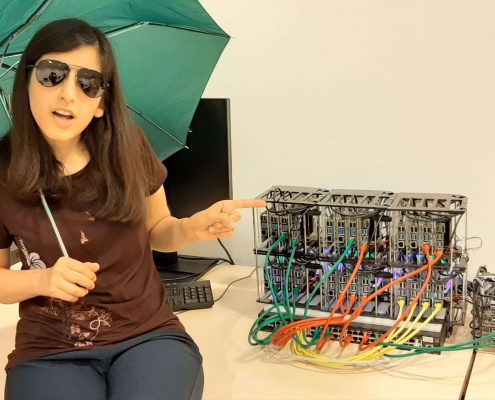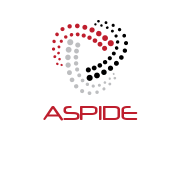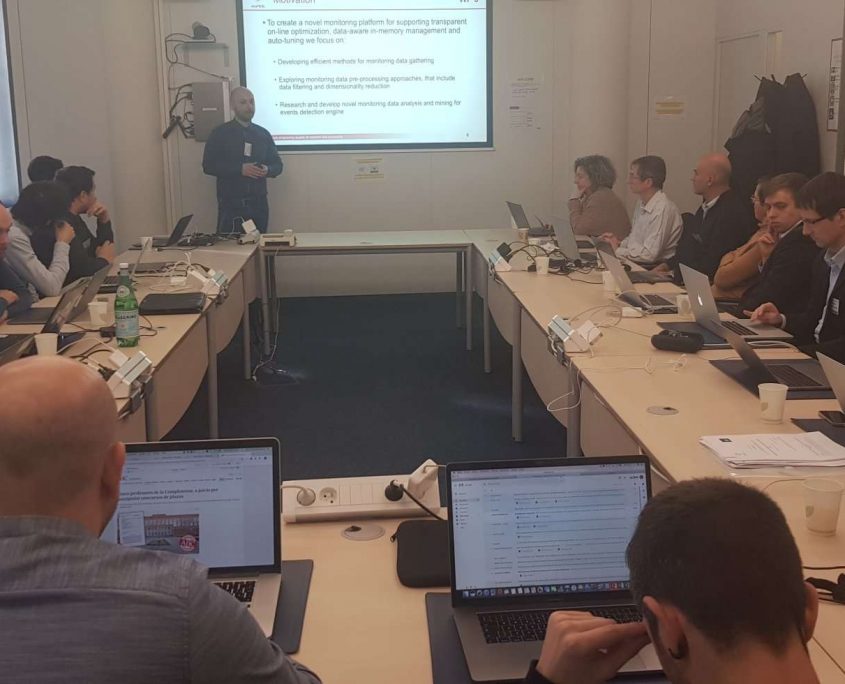Authors: Prateek Agrawal (University of Klagenfurt, Austria), Deepak Chaudhary (Lovely Professional University, India), Vishu Madaan (Lovely professional University, India), Anatoliy Zabrovskiy (University of Klagenfurt, Austria), Radu Prodan (University of Klagenfurt, Austria), Dragi Kimovski (University of Klagenfurt, Austria), Christian Timmerer (University of Klagenfurt, Austria)
Abstract: Automated bank cheque verification using image processing is an attempt to complement the present cheque truncation system, as well as to provide an alternate methodology for the processing of bank cheques with minimal human intervention. When it comes to the clearance of the bank cheques and monetary transactions, this should not only be reliable and robust but also save time which is one of the major factor for the countries having large population. Read more








